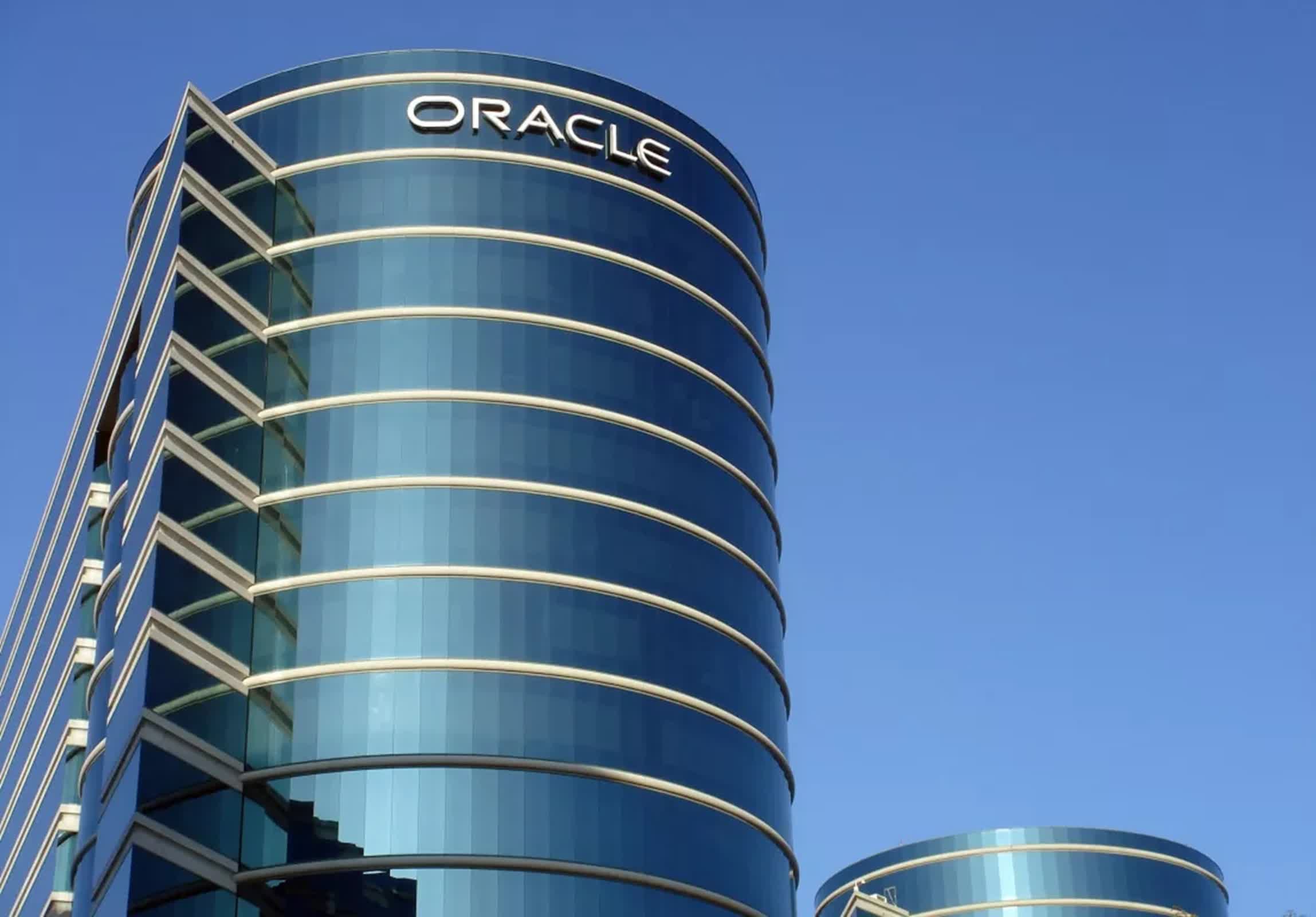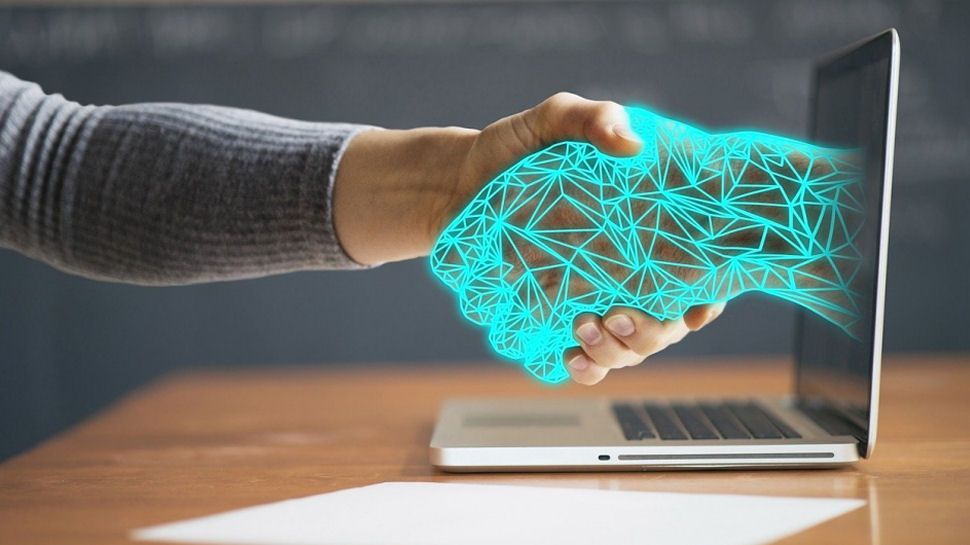Serving tech enthusiasts for over 25 years.
TechSpot means tech analysis and advice you can trust.
Rumor mill: New reports have revealed more details about the Trump administration's plans to save TikTok. However, the situation is fluid, as multiple stakeholders scramble to resolve national security concerns while preserving TikTok's operations in the US.
The plan to save TikTok involves software company Oracle and a group of outside investors effectively taking control of the app's global operations, two sources with direct knowledge of the negotiations told NPR.
Under the proposed deal, ByteDance, TikTok's China-based owner, would retain a minority stake in the company, while Oracle would oversee the app's algorithm, data collection, and software updates. Oracle already provides the foundation for TikTok's web infrastructure.
Chinese regulators, who have historically opposed selling TikTok, recently indicated they might not obstruct an ownership change. This shift is interpreted by White House negotiators as a potential opening for a deal that gives American investors a majority stake in the company.
Also see: Is MrBeast planning a TikTok takeover? The YouTube star seems ready to make a move

"The goal is for Oracle to effectively monitor and provide oversight with what is going on with TikTok," said one person directly involved in the talks. "ByteDance wouldn't completely go away, but it would minimize Chinese ownership."
Microsoft is reportedly among other potential investors engaged in the discussions.
A meeting between Oracle officials and the White House took place on Friday to discuss the potential deal, with another meeting scheduled for next week. According to the source, Oracle is interested in acquiring a TikTok stake "in the tens of billions," but other aspects of the deal remain in flux.
The White House negotiators have indicated, though, that ByteDance values TikTok's global operations at a minimum of $200 billion, which exceeds the financial reach of the investor groups currently proposing bids, according to the source.
The negotiations face several other challenges as well, including appeasing Congress and addressing national security concerns. An anonymous congressional staffer involved in talks about TikTok's future emphasized the importance of demonstrating that ByteDance would not have operational control over the app. "There needs to be no backdoors where China can potentially gain access," the staffer said. One possible solution being discussed is binding legal agreements from the White House, ensuring ByteDance cannot covertly manipulate the app.

However, Sarah Kreps, a technology and foreign policy expert at the Brookings Institution, said it would be difficult to prove the absence of Chinese control over data and algorithms. "You can audit millions of lines of code, but it's really hard to show one way or the other," she explained.
Also, President Trump's recent comments about the U.S. being entitled to a 50 percent ownership of TikTok have caused confusion among negotiators. "Nobody seems to know what he means with the 50 percent equity comments," said the source involved in the talks.
The current negotiations follow the collapse of a previous national security plan involving Oracle, known as Project Texas, which failed to guarantee TikTok's independence from ByteDance. The Biden administration subsequently supported a congressional effort to force ByteDance to sell TikTok or face a nationwide ban.
As negotiations continue, TikTok remains unavailable on Apple and Google app stores, depriving the platform of software updates and new downloads. While Trump's executive order was sufficient for Oracle and other web infrastructure companies to restore TikTok's services, Apple and Google have not yet returned the app to their platforms.









 English (US) ·
English (US) ·